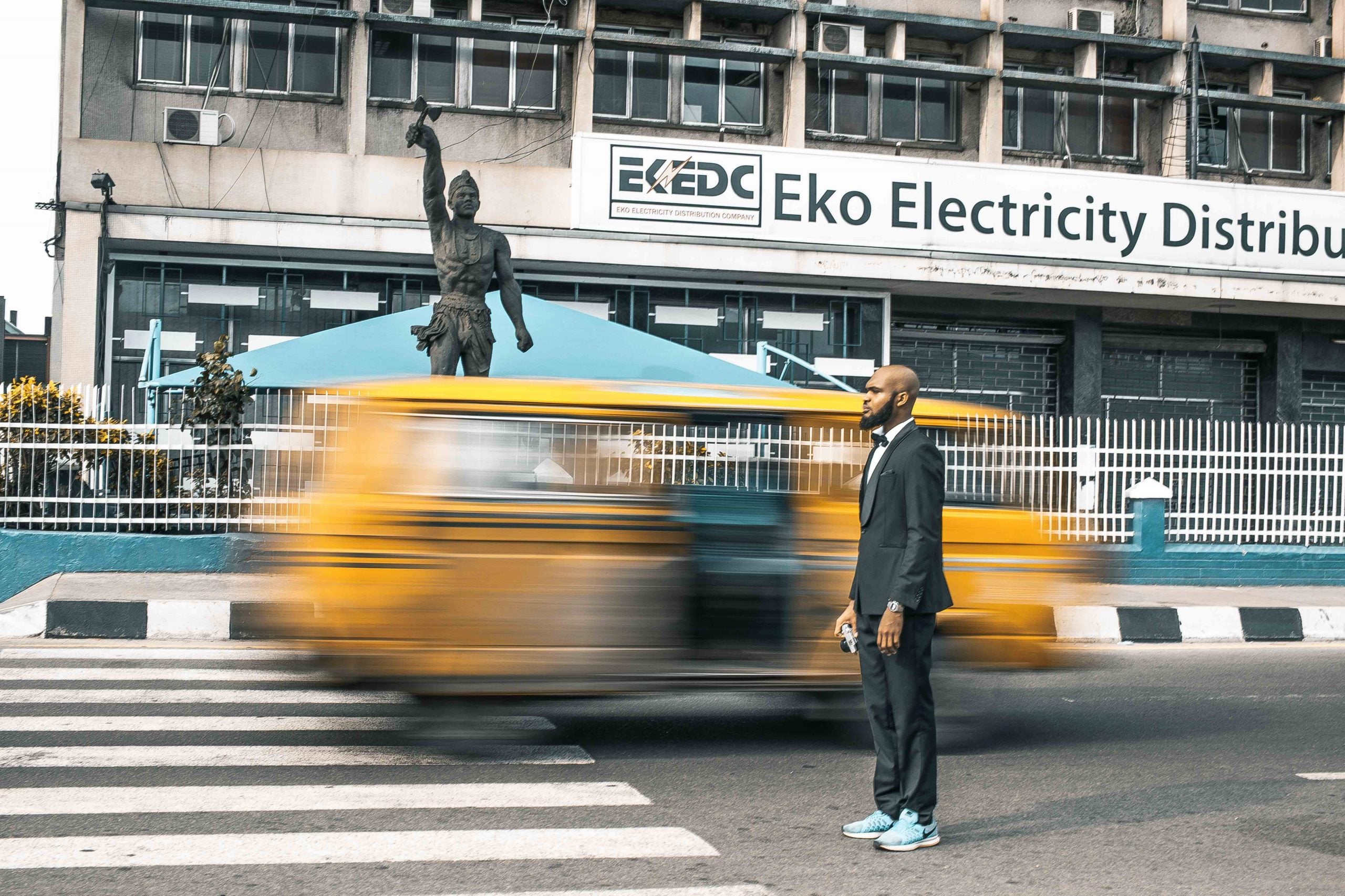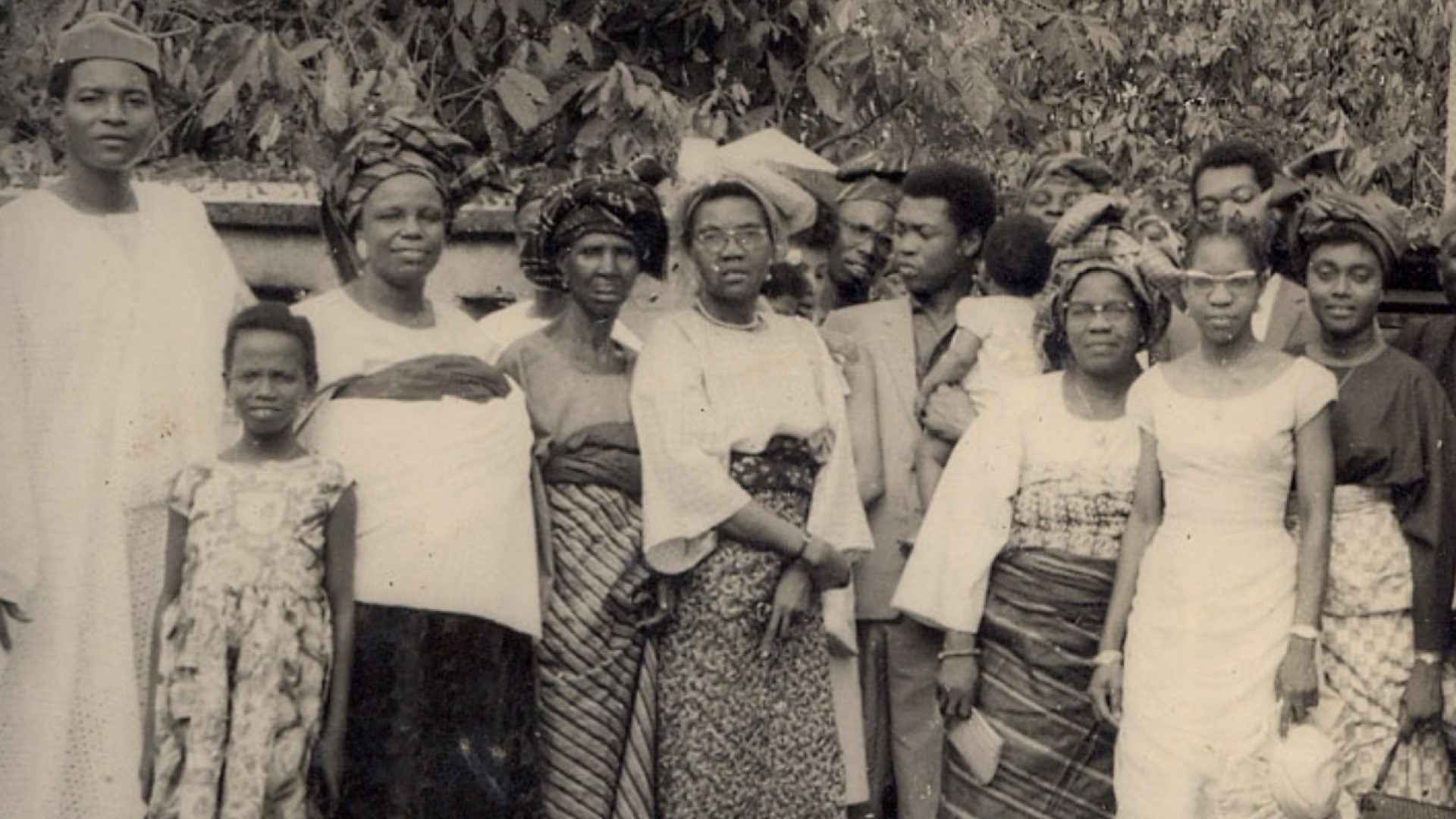
Sixty years later, the hope and promise of Nigeria remains just that: a hope and promise of an E go beta people, led by a cynical political leadership shepherding a population, many of whom, if asked, would likely describe the “Nigerian Dream” as the ability to leave the country to fulfill one’s capabilities, while continuing to contribute to the nation and even loving it, preferably from an ocean away. Fourteen years since its plan to carry out its advancement ambitions, 2020 has instead been a year characterized by the coronavirus, a pandemic that has left 1 million people dead throughout the globe. On that front, Nigeria, which boasts a population of nearly 200 million, has thus far, recorded over 1000 deaths, averting the calamitous loss of life and medical meltdowns that plagued many Western nations despite odious predictions of the continent at large. (I shall leave it to the West to sort out their seemingly deep-rooted desires for African failures and fatalities, though I suspect the lack of a White savior narrative plays a role here.)
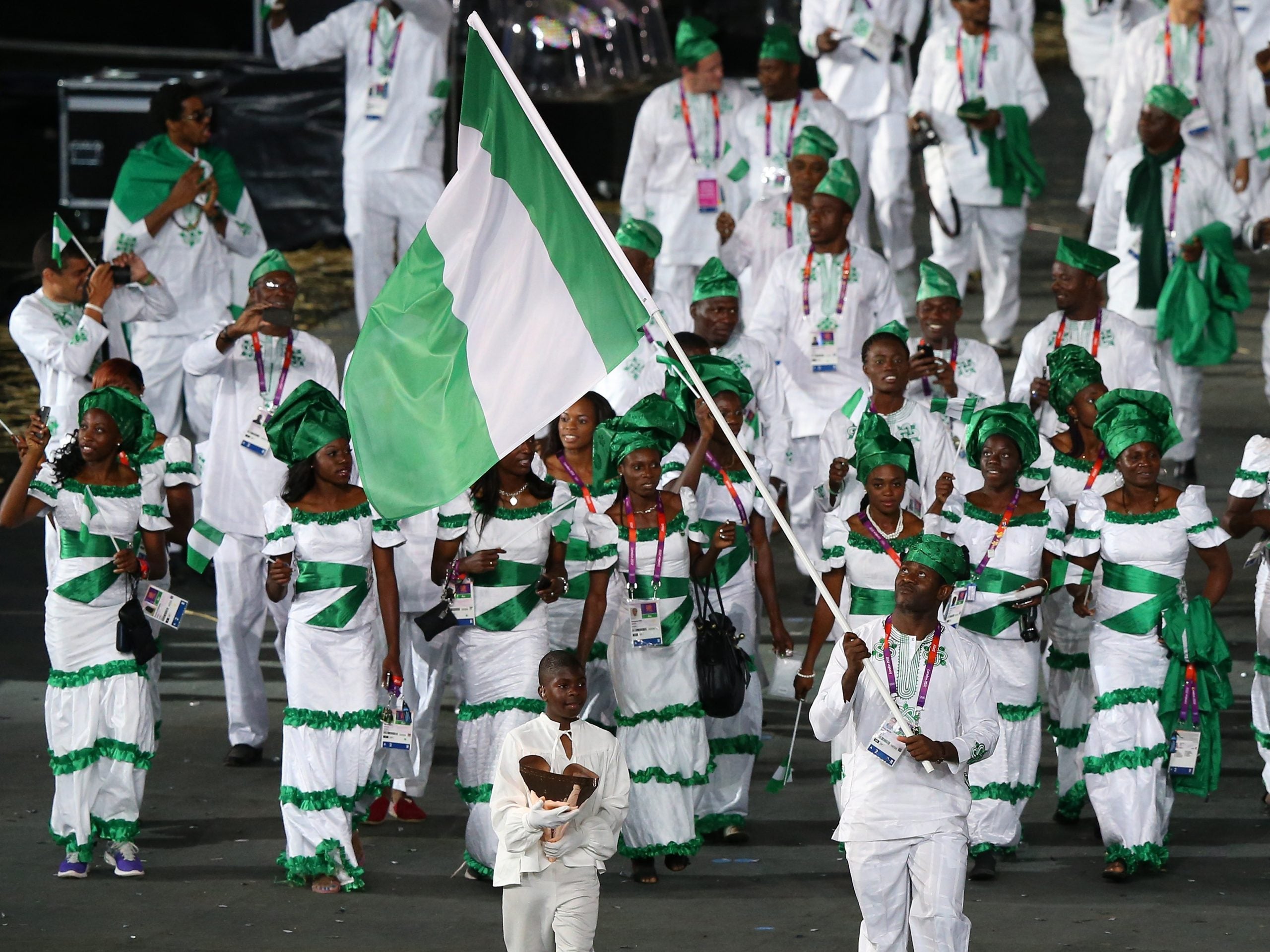
Notwithstanding the singular event of coronavirus and its outsized impact on how history will record this year, Nigeria was never on its way to becoming the country of its 2020 vision. If the main problem was that the country’s objectives were too lofty — especially in its economic aims — one might determine that such an offense is forgivable, and attribute it to a miscalculated forecast of progress possible in the given time span. After all, though Nigeria has failed to achieve its status as a top 20 economy in the world, it is still Africa’s largest economy. But alongside this oft-touted accomplishment — if we can even call it that — Nigeria has also failed to deal with inequalities that allow for 40% of its inhabitants to live in poverty, declined to improve the dire human and environmental conditions of its oil-producing region, the Niger Delta, and has made little momentum in moving away from an economy dependent on oil.
Then, there is the matter of Nigeria’s inadequacies in ousting Boko Haram and alleviating the circumstances that allowed the terrorist group to emerge beginning in the early aughts, destabilizing the country’s northeast, and subsequently spreading to its neighbors located nearby, Chad and Niger. There is also the country’s lackluster protection, in law and practice, of its “special interest groups” including women, people with disabilities, and children, in addition to its human right violations against LGBTQIA Nigerians who remain criminalized citizens by virtue of simply existing.
Long-standing challenges of how to unite a country under a national identity, whose diversity accounts for hundreds of ethnic groups — without a loss of distinction for its minority ethnicities — has seldom adequately been confronted. In fact, ethnic minorities are erased from national stories, and the discrimination these groups face is staunchly ignored even as it permeates every aspect of their — our — existence in the state, even by those who ought to know better. Nigeria never made a serious national effort to settle the religious conflicts, scattered across the country, sporadic throughout the nation’s history, but showing up with great intensity at different times. Instead, the country would rather masquerade as a future possibility of religious pluralism, even as it has not made civil reckonings of how it’s majority religions, Islam and Christianity, have contributed towards the demise of African traditional religions and spiritualities. Or how citizens and religious leaders of both faiths have discriminated against those of other faiths or none at all.
No, the Nigerian nation-state seldom takes stock of the past, even when it celebrates it, as it will on our 60th anniversary. But perhaps if the nation did — the government and the governed — we would have the wherewithal to better contextualize the multitudes of crises we encounter as Nigerians, at home and away, beginning with our inception as a former British colony.
* * *
If you listen to the song “Another Story” by Nigerian Afrofusion musician, Burna Boy, it begins with a voiceover introduction from investment banker turned periodical filmmaker Jide Olanrewaju Naij: “To understand Nigeria, you need to appreciate where it came from.” The words, taken out of Naij’s 2008 documentary, A History of Nigeria, which examines the origins of the country’s colonial past and subsequent independence, through to its post-colonial era into the millennium. While impossible to narrate over 150 years of history in just over two and half hours of film, Naij’s efforts are worth mentioning in a country that went over a decade without history as a part of its public education primary and secondary curriculum, reinstated only last year.
Indeed, to comprehend Nigeria, one must grasp that like many African nation-states today, it fundamentally began as an economic project of the British empire and its mercantile companies, in its case, beginning officially in 1851 (though its influence in the region started centuries prior). From the mid-1800s until the early twentieth century, Britain annexed one nation’s dominion after another — the nations we now neglectfully and merely refer to as ethnic groups — one large territory eventually split into the Southern Nigeria Protectorate and the Northern Nigeria protectorate, respectively. Then, in 1914, the loathsome Colonial Governor Frederick Lugard oversaw an amalgamation of the dyad regions that had been treated separately and differently under British administration, the lasting effects of which manifest in the Muslim-Christian regional divide, also informed by ethnic segmentations.
It would be 46 years from Nigeria’s amalgamation before the new country achieved formal independence from its colonizers on October 1, 1960. The country’s nationalism however, had taken hold early at the turn of the century, cemented by Herbert Macauley, a surveyor in the colonial service who later founded the nation’s first political party — the Nigerian National Democratic Party (NNDP) in 1923. Though Macauley’s contributions to Nigeria’s decolonization history are invaluable, it often overshadows Nigerian women’s contributions (as all Nigerian history does), including Macauley’s political ally, Chief Alimotu Pelewura, the leader of the Lagos Market Women’s Association. Nigerian historian Uche Uwaezuoke Okonkwo also posits that a more impartial analysis would have earned decolonial leaders in their own right, Margaret Ekpo, Janet Mokelu, or Funmilayo Ransom-Kuti, as “mother of Nigerian nationalism.”
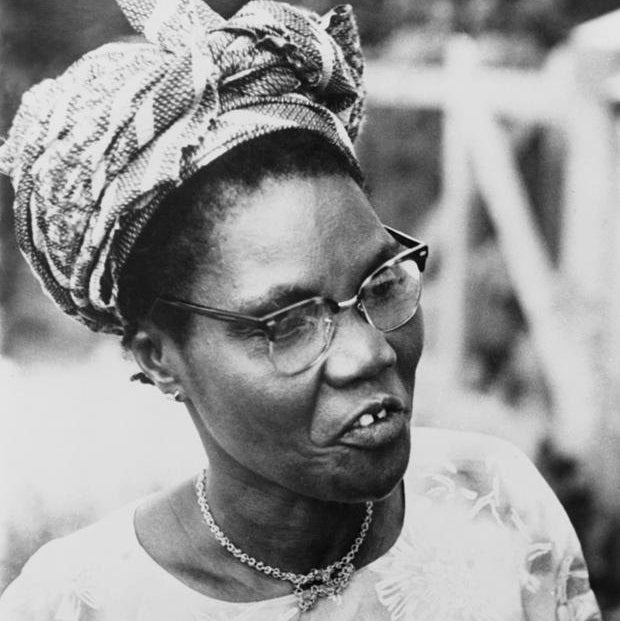
Three years after Nigeria achieved its independence, the state relinquished Queen Elizabeth II as its head, and became a republic. Its government was also capitulated by the bloody 1966 coup d’état, led by mutinous Nigerian soldiers, resulting in the murder of the first Prime Minister, Abubakar Tafawa Balewa, ushering the country’s first military head of state, Major General Johnson Aguiyi-Ironsi. Characterized by ethnic, religious, and regional resentments and tensions, the coup of 1966 was also majorly responsible for plunging the country into another bloody event: the Biafra war, Nigeria’s civil war, which lasted from 1967 to 1970. According to records, the military casualties are estimated at 100,000 people, while some estimates suggest that between half a million to 2 million citizens of the state of Biafra (consisting of mostly, but not only, Igbo people, alongside other minorities including large numbers of Efik, Ibibio, and Ijaw people) who had tried to secede from the Nigerian state, died from starvation.
For many Nigerians, especially for those of us whose families were directly affected by the war — which is a lot of us — whether by loss, displacement, or otherwise, the narratives of the Biafra war remain as personal as they are political. The more narratives we are able to consume in fiction and non-fiction literature, in the varied oral stories passed down, the closer we will be to realizing the full picture of the war, which today, we still have not.
Arguably, altogether with the country’s devastating war, one might argue that Nigeria is still haunted by the coup of ’66 and the civil war, which established the conditions for which a series of military dictatorships could rule the country until 1999. Today, Nigeria is technically under a democratic government. But between its extrajudicial killings, its long record of human rights abuses, its limits on press freedoms, the unabashed influence of religious bias in legal and social applications of law and political practice, I often choose to characterize my country instead, as a functional plutocracy intertwined with a multi-religious theocracy, masquerading as democratic nation-state, steeped in ethnocentrism. And yes, though we cannot place blame on the British forever, we will certainly always have them to “thank” as the country continues its oft careless navigation of the future.
* * *
Despite Nigeria’s history, Nigerians are a hopeful people — sometimes, illogically so, along with being a proud people. If we share national characteristics at all, it is these two, which has origins in the nations we existed in before we existed as a nation-state. Nigerians will often criticize our country with little restraint — at times haphazardly so, and without the complexity afforded to others — but we also expect to be the ones making the harshest condemnations and are often skeptical of outsiders whose view of the country is limited by lack of experience or prejudice. Moreover, despite our incessant pontification of the country’s woes and its difficult past, we are not without our bright spots.
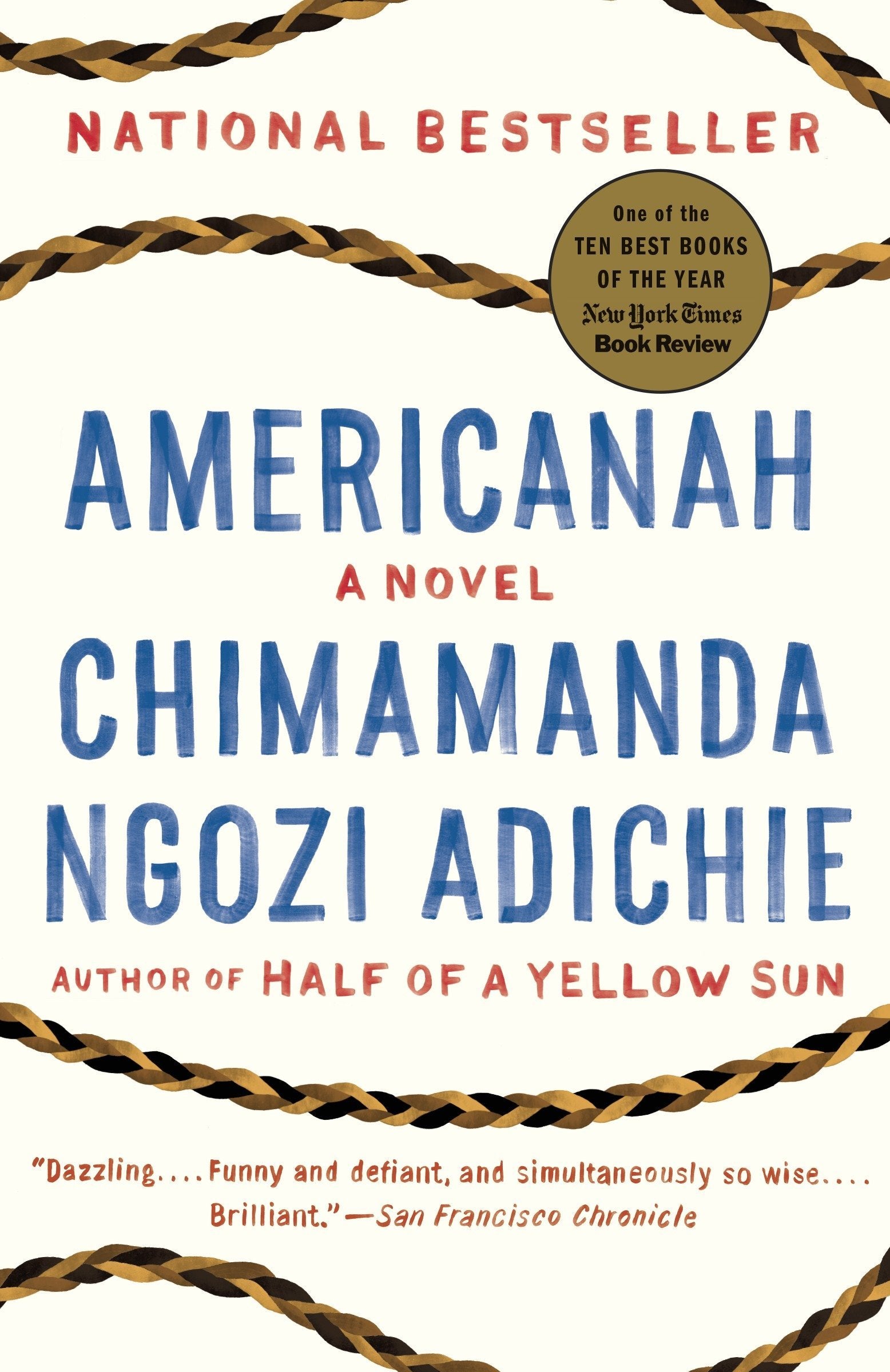
Since its independence, Nigeria has excelled in literature and the arts, from icons like Chinua Achebe, Wole Soyinka, and Flora Nwapa, to contemporary heavyweights such as Chimamanda Adichie and Teju Cole. Past music pioneers from Fela Kuti to Evi-Edna Ogholi are part of the foundation on which a multitude of current Nigerian artists have emerged in the present global markets. The country’s film industry, Nollywood, for all its flaws and criticisms is the second largest industry in the world, and it’s fintech industry is booming. Despite its infrastructure deficiencies, the country also earned recognition for its management of the Ebola crisis in 2014, and is handling coronavirus better than expected. Away from home, the Nigerian diaspora in many parts of the world have contributed to a reputation as being people who are highly educated and innovative. From medicine to music, home and away, Nigerians believe we’ve got the sauce — and we’re not afraid to tell you.
The other side of the coin of this glowing account is that Nigerians are also seen as arrogant people coming from a corrupt country who have exported their corruption abroad in the form of internet scams. The stereotype, whatever the realities (Nigeria does not even make the top 10 of many lists of countries with the highest rate of cybercrime), it is a perception that follows a nation already historically known for its political instabilities and far too many current humanitarian concerns. Though this may seem like only a problem solvable by better public relations, the material consequences of (alongside some of its restrictive economic policies), has led to far less foreign investment than the country might otherwise have and the nation retains a low ranking in the index of powerful passports in relation to other nations. Most of all, to its citizens dismay, when considered in its entirety, Nigeria as a country has the stigma among powerful countries of ultimately being a “much ado about nothing” nation, a nation forever lusting for a future it is capable of but has never adequately prepared for.
While those with chauvinistic attitudes towards the country or its citizens may derive pleasure from this needed reality check, the consequences of Nigerians’ failures extend far beyond the government and its direct citizens. In a world in which Nigerians are set to have 800 million people by 2100 — in addition to its fast-growing worldwide diaspora — it is not in the best interests of global migration patterns due to climate change, among other reasons, for the country to encounter as many failures as it has.
I would wager too, that as Africa’s largest economy and most populous nation, Nigeria’s failings are dragging down the progress of Africa as a whole. As the continent is constituted currently, you cannot have a successful Pan-Africanism economically, socially, and culturally, while its biggest nation flounders. I would wage further, that in the spirit of Pan-Africanism that is inclusive of Black people around the world, the shortcomings of the Blackest nation on earth is detrimental to the progress of all Black people, everywhere. Not only because the country’s functionality is needed for peoples with long histories in it, but to welcome those who imagine the possibility of majority Black spaces as beacons for building a different world.
In the final analysis, at 60 years old, Nigeria remains a young country with old cultures. Cultures that need to be reminded that traditions can be remade anew, a people that need to be as critical as we are optimistic, and with leaders that are as strategic and deliberate — and who work with the best interests of the people in mind — as they are politicians with mere ideas and a tedious desire for power. If we don’t, the passage of time for all our visions needn’t matter, we will remain a country of the future, and October 1 will pass from year to year with glorious but empty celebrations.







Kovie Biakolo (@koviebiakolo) is a writer, editor, and multiculturalism scholar specializing in culture and identity.
